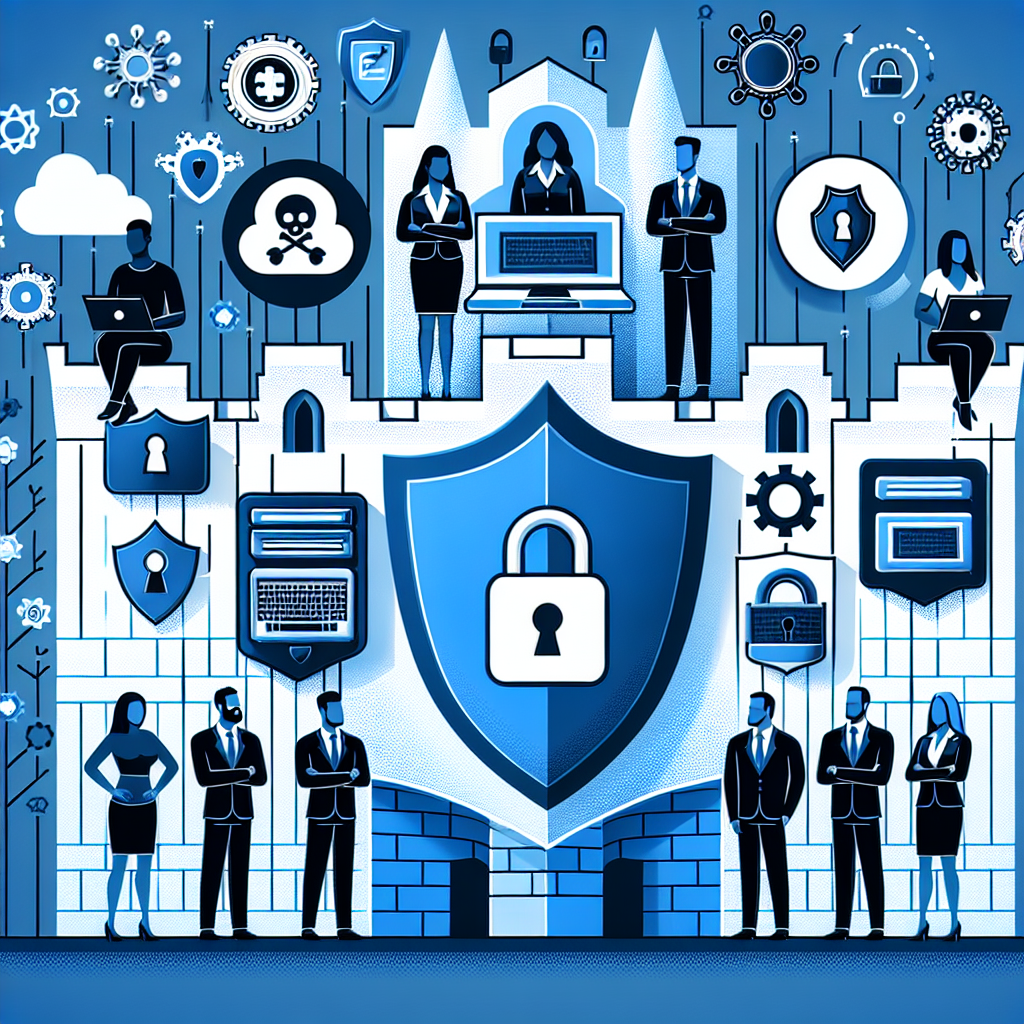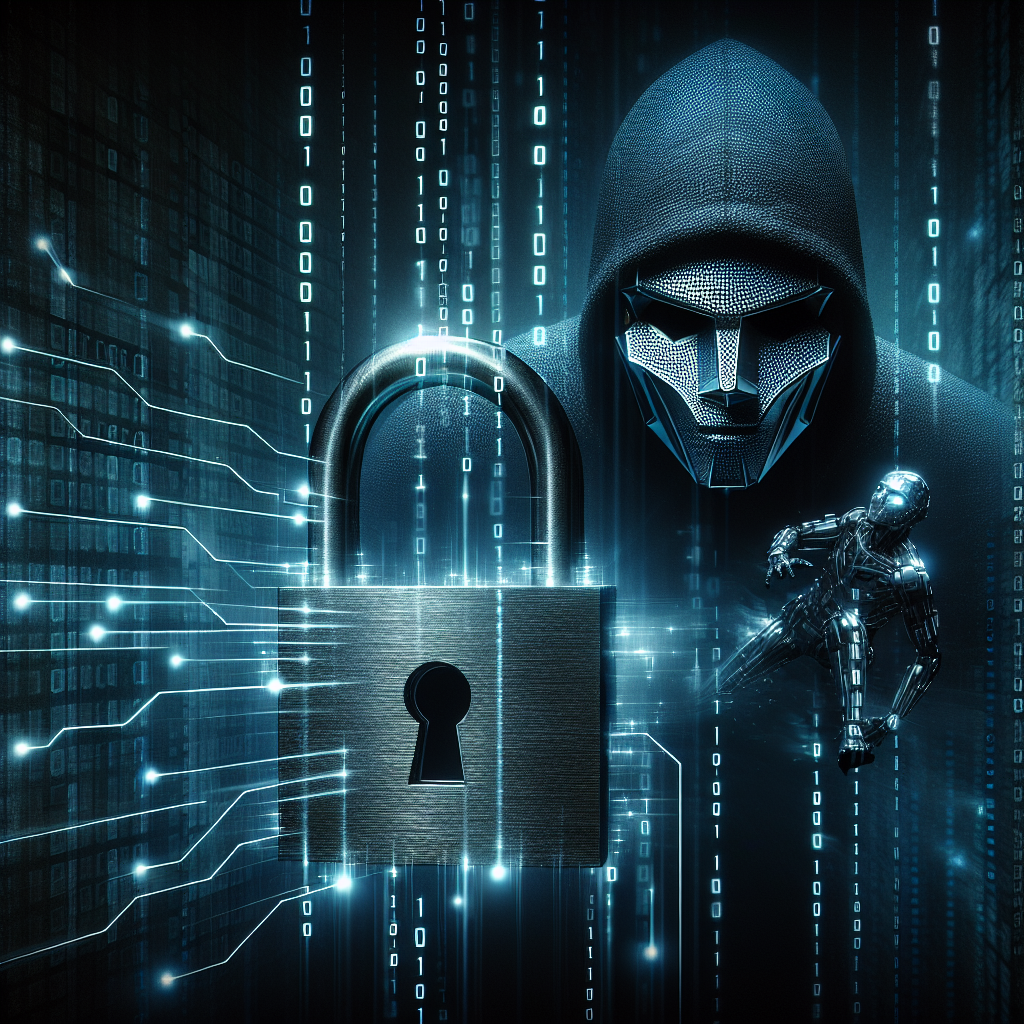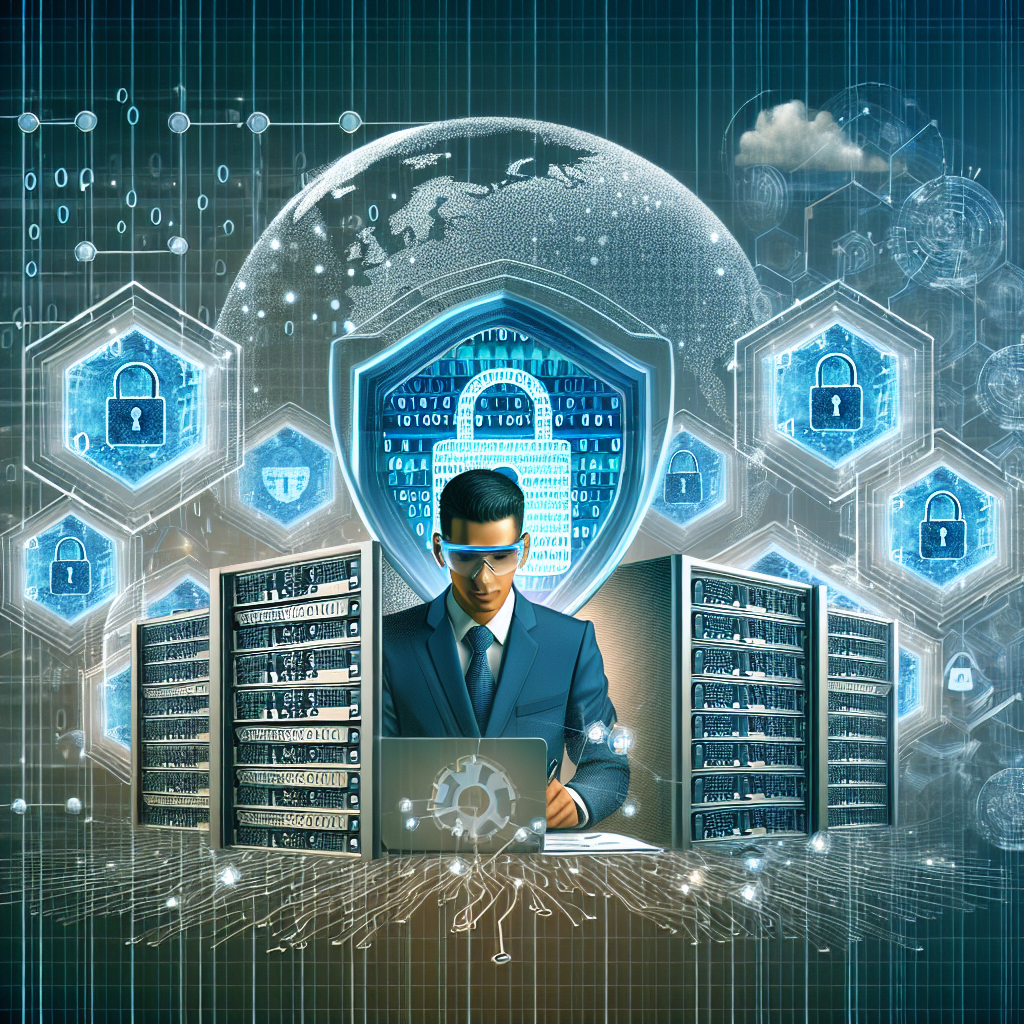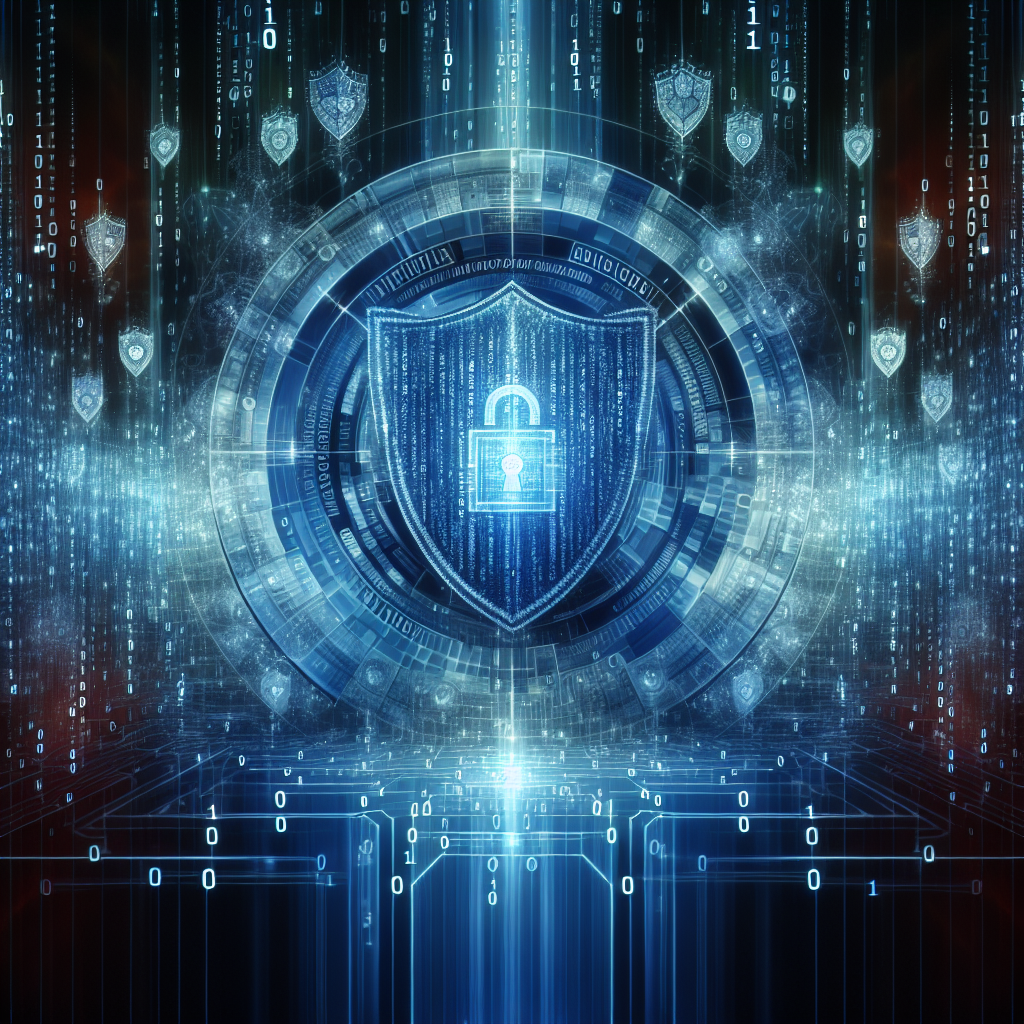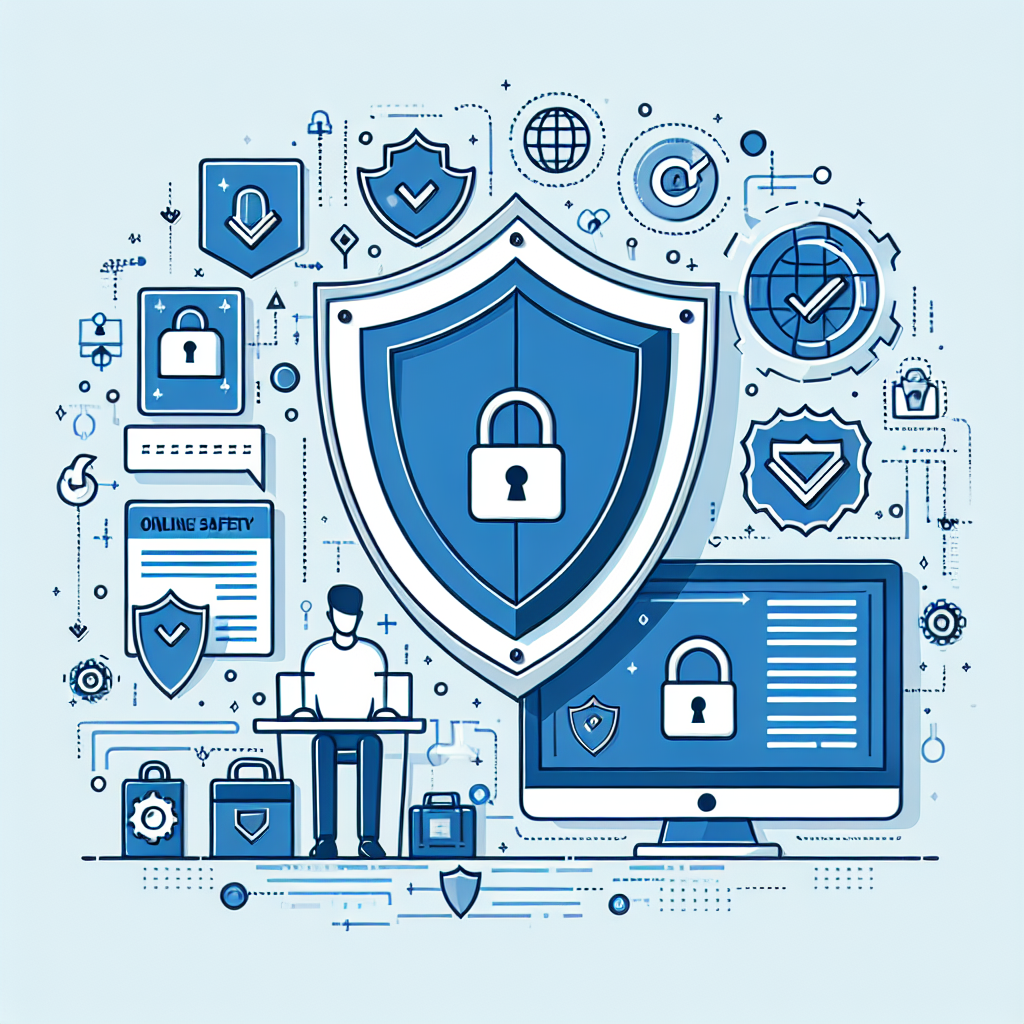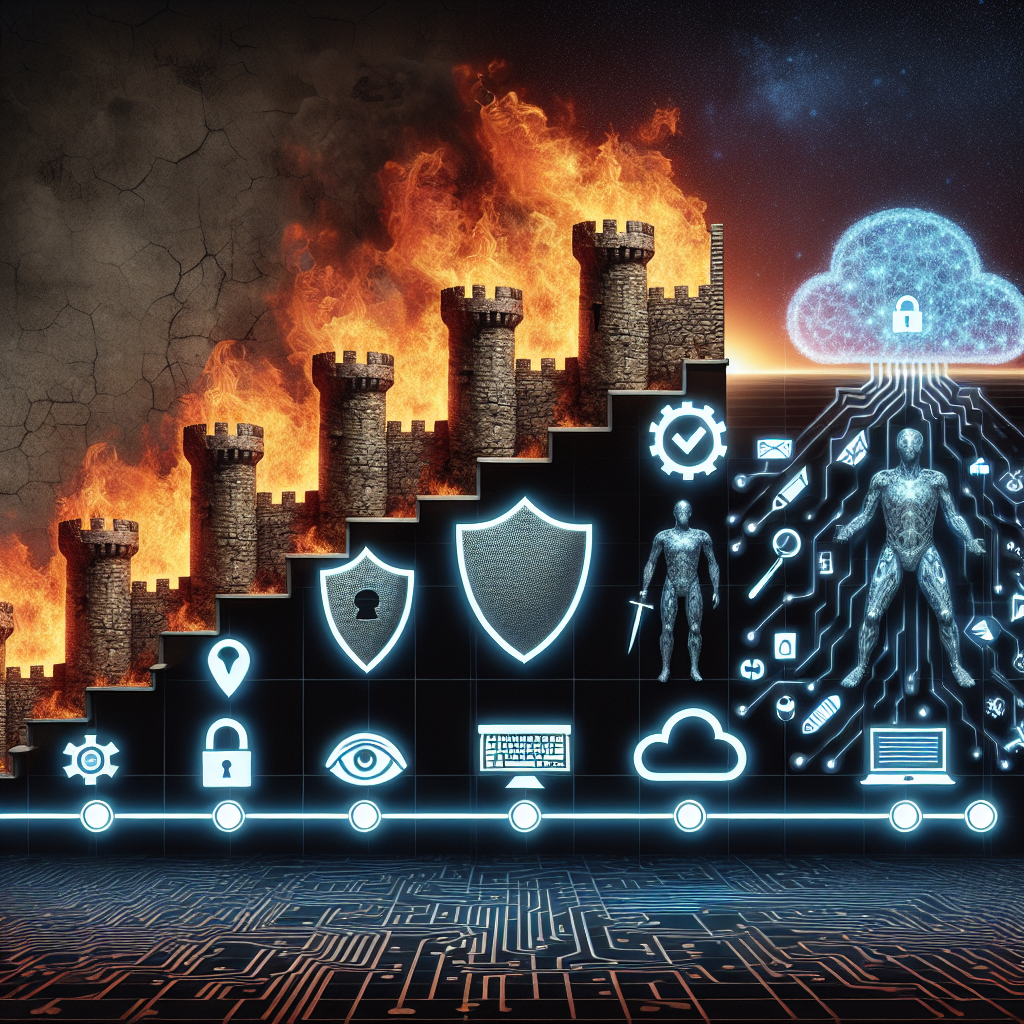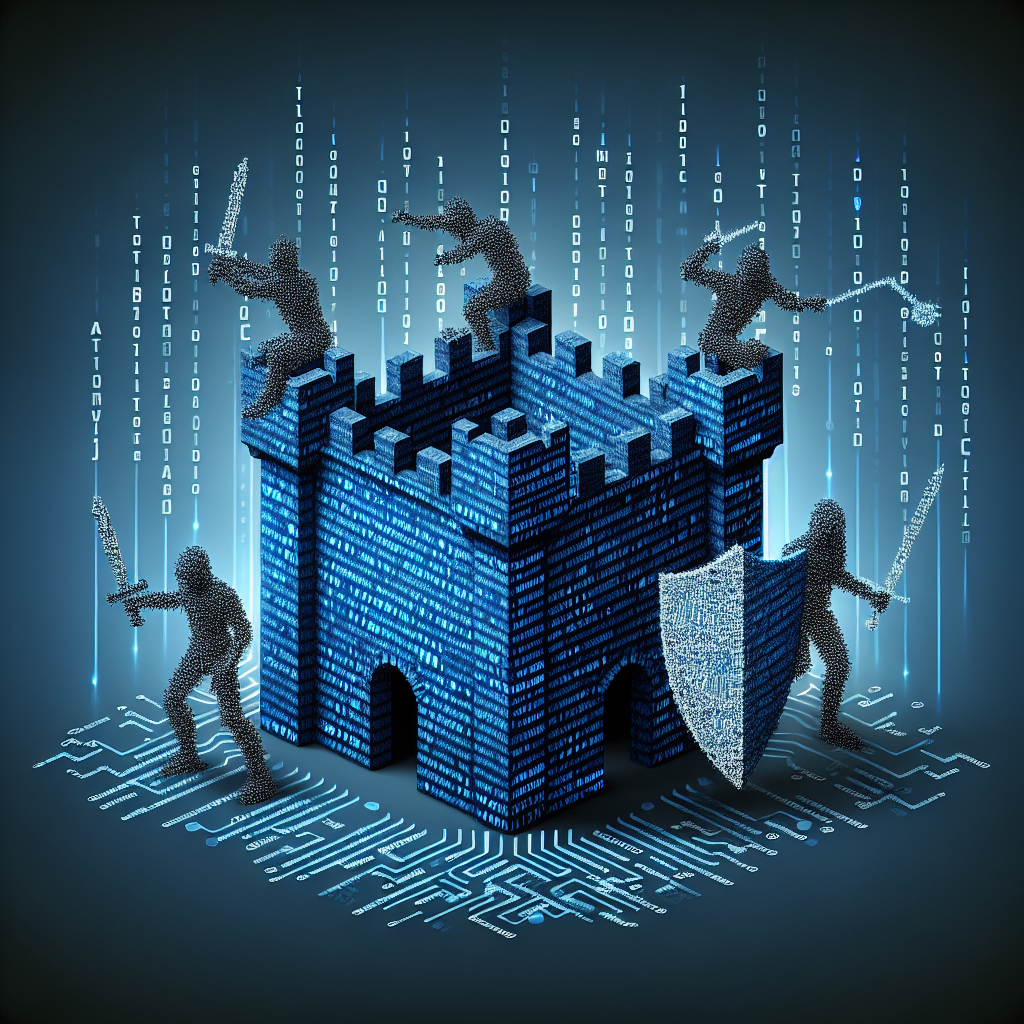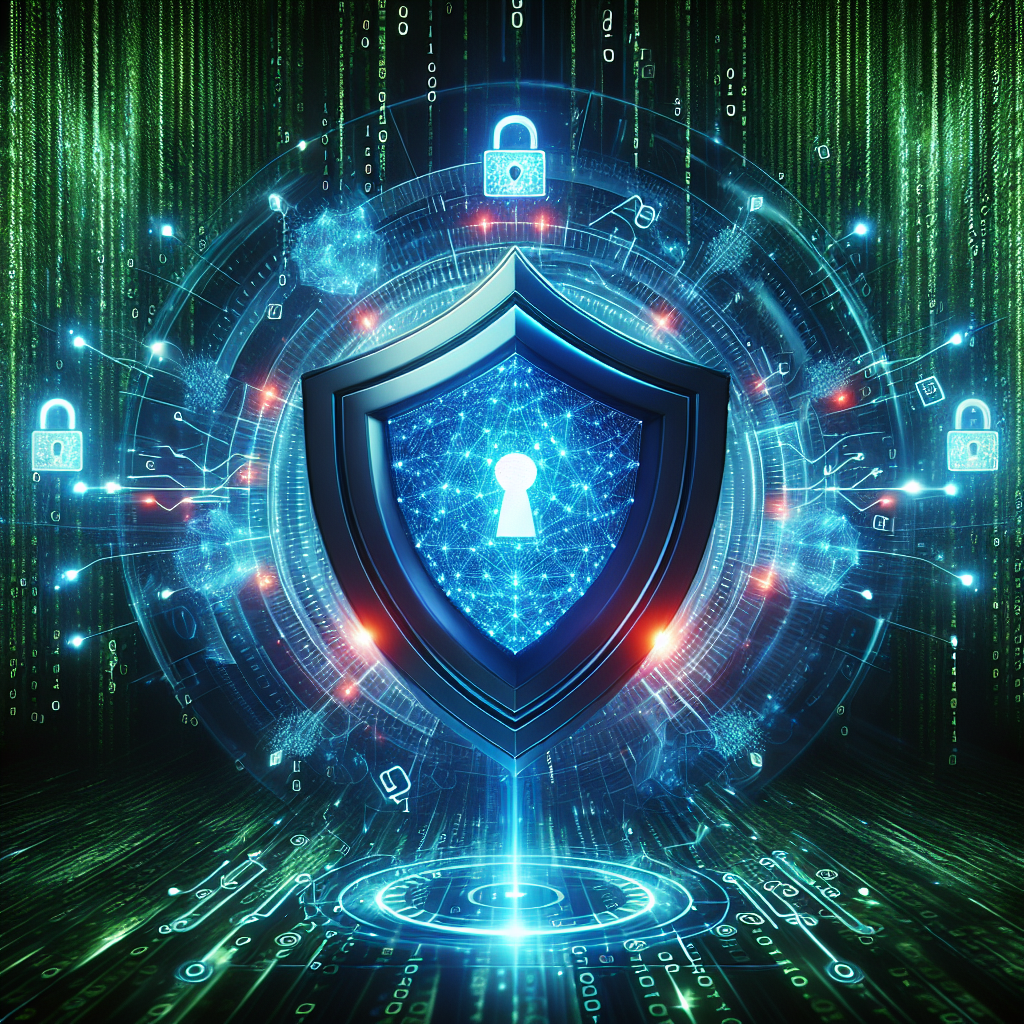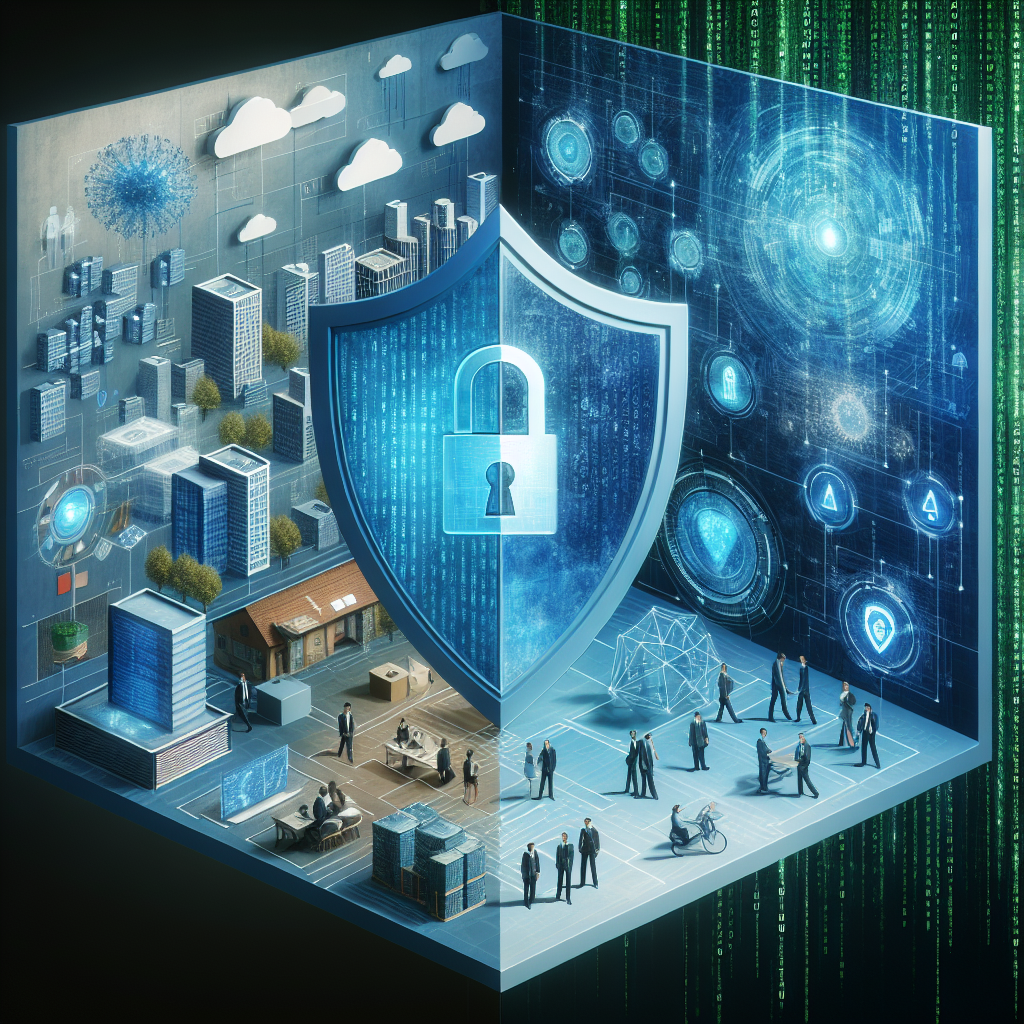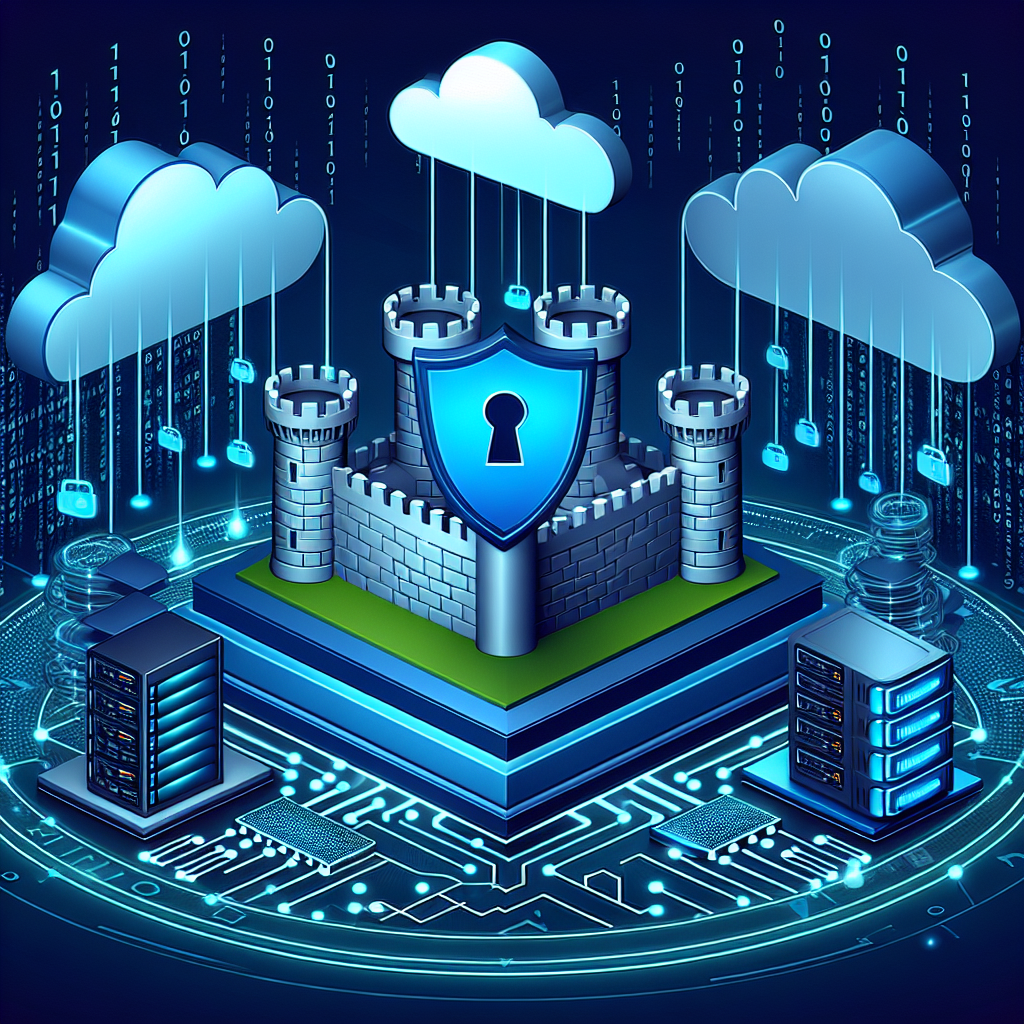In today’s digital age, cybersecurity is more important than ever. With the increasing number of cyber threats and attacks, it is crucial for businesses to have robust security measures in place to protect their sensitive data and information. One key aspect of cybersecurity that often goes overlooked is technical support.
Technical support plays a vital role in ensuring that a business’s cybersecurity measures are up to date and effective. From setting up firewalls and antivirus software to monitoring for suspicious activity and responding to security incidents, technical support professionals are responsible for keeping a business’s digital assets safe from potential threats.
One of the main functions of technical support in cybersecurity is to provide ongoing maintenance and updates to security systems. This includes regularly patching software vulnerabilities, updating antivirus definitions, and ensuring that all security protocols are in place and functioning properly. By staying on top of these tasks, technical support professionals can help prevent potential security breaches and keep a business’s data safe from cybercriminals.
In addition to maintenance and updates, technical support also plays a crucial role in monitoring for suspicious activity and responding to security incidents. This involves setting up intrusion detection systems, monitoring network traffic for signs of unauthorized access, and investigating any potential security breaches. In the event of a security incident, technical support professionals are responsible for containing the threat, mitigating any damage, and restoring systems back to normal operation.
Furthermore, technical support can also provide training and education to employees on best practices for cybersecurity. This can include teaching employees how to recognize phishing emails, avoid clicking on suspicious links, and create strong passwords. By educating employees on cybersecurity best practices, businesses can help prevent human error from compromising their security measures.
Overall, the role of technical support in cybersecurity is crucial for protecting a business’s digital assets and maintaining the integrity of their data. By providing ongoing maintenance and updates, monitoring for suspicious activity, responding to security incidents, and educating employees on best practices, technical support professionals play a key role in safeguarding a business from potential cyber threats. Investing in strong technical support can help ensure that your business remains secure in an increasingly digital world.
